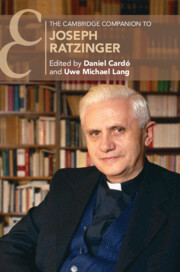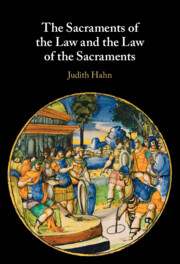In 2016 Pope Francis went to Lund in Sweden for a joint service with the Lutherans to begin the events marking the 500th anniversary of the Reformation. Catholics have also been involved in conferences and other events that have been organized as part of this anniversary. The context and background to the Catholic Church's involvement is the Church's commitment to ecumenical dialogue made at the Second Vatican Council. The theological basis for that commitment is to be found in the Second Vatican Council's Constitution on the Church, Lumen Gentium and its Decree on Ecumenism, Unitatis Redintegratio.
This paper takes the opportunity of this anniversary to take stock of the progress of the ecumenical movement and notes some of the issues and challenges that have impacted upon it. As well as social and cultural factors these include the increasing importance of interreligious dialogue and its relationship to ecumenical dialogue. Ecumenists also have to take account of the widely varying interpretations of the Reformation offered by church historians.
Finally the paper argues that in the Catholic Church perceptions of ecumenism often fail to take account of the many ways in which the Second Vatican Council significantly changed the global role and profile of the Catholic Church (and the pope in particular) as a source and agent of peace and reconciliation on many different levels. Ecumenical engagement is an integral part of that continuing development which is increasingly acknowledged by political and religious leaders throughout the world.

